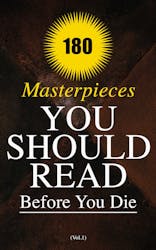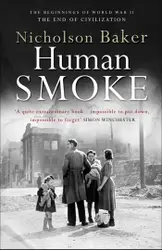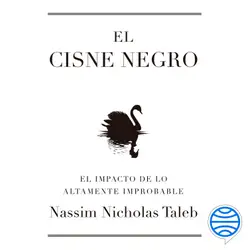The Code of Hammurabi is a codification of the laws enacted by Hammurabi, the king of Babylonia and is one of mankind’s oldest known writings. It was inscribed on a stone stele, or monument, in approximately 1754 B. C. and was discovered by archeologists in 1901. The code was inscribed using cuneiform script in the Akkadian languages into a diorite stele that stands 7.4 feet tall. A small portion of the code is considered missing. Famous for the concept of “an eye for an eye and a tooth for a tooth” the code itself consists of 282 laws. Criminal offenses are described in detail with associated physical punishments that are quite harsh and vary according to gender and social and economic status. It was one of the first code of law to emphasize physical punishment of the perpetrator as well as among the first to establish a presumption of innocence. Previous codes had focused on compensation to victims. Nearly half the code addresses contract issues such as prices for services and liabilities for damages or non-performance. About a third of the code consists of matters relating to household and family relationships such as marriage, divorce, paternity, inheritance, and reproduction. Several pertain to military service. Only one pertains to judicial conduct. The monument is on display in the Louvre in Paris; replicas are displayed in numerous institutions throughout the world.

El Código de Hammurabi :
Hammurabi
audiobook
Código de Hammurabi
Hammurabi
book
Codex Hammurabi
Hammurabi
book
The Code of Hammurabi
Hammurabi
book
Codex Hammurabi
Hammurabi
book
The Code of Hammurabi
Hammurabi
book
The Code of Hammurabi
Hammurabi
book
The Code of Hammurabi
Hammurabi
book
The Code of Hammurabi
Hammurabi
book
The Code of Hammurabi
Hammurabi
book
The Code of Hammurabi
Hammurabi
book

The Disconnected Kids Nutrition Plan
Robert Melillo
audiobook
The Code of Hammurabi
Hammurabi
book
Creative Schools
Ken Robinson, Lou Aronica
audiobook
180 Masterpieces You Should Read Before You Die (Vol.1) : Leaves of Grass, Siddhartha, Middlemarch, The Jungle, Macbeth, Moby-Dick, A Study in Scarlet, The Call of the Wild, Huckleberry Finn,, The Way We Live Now, Sister Carrie...
Walt Whitman, George Eliot, Herman Hesse, Kahlil Gibran, Anton Chekhov, Herman Melville, Oscar Wilde, Fyodor Dostoevsky, William Shakespeare, Mark Twain, Marcus Aurelius, Nikolai Gogol, James Joyce, Henry David Thoreau, T. S. Eliot, John Keats, Charles Baudelaire, Walter Scott, Daniel Defoe, Louisa May Alcott, Jane Austen, Charlotte Brontë, Emily Brontë, Anne Brontë, Leo Tolstoy, Victor Hugo, Jules Verne, Lewis Carroll, Frances Hodgson Burnett, Brothers Grimm, Hans Christian Andersen, Agatha Christie, Wallace D. Wattles, James Allen, Sigmund Freud, Miguel de Cervantes, Frederick Douglass, Voltaire, Sun Tzu, Plato, Upton Sinclair, Anthony Trollope, E. M. Forster, Theodore Dreiser, Charles Dickens, Thomas Hardy, Henry James, D. H. Lawrence, William Makepeace Thackeray, Marcel Proust, H. G. Wells, Edgar Allan Poe, Ernest Hemingway
book
Drug Dealer, MD
Anna Lembke
audiobook
Human Smoke : The Beginnings of World War II, the End of Civilization
Nicholson Baker
book
D30 - Exercises for Designers : Thirty Days of Creative Design Exercises & Career-Enhancing Ideas
Jim Krause
book
Consciousness and the Brain
Stanislas Dehaene
audiobook
Relájate y educa : Soluciones eficaces para los conflictos cotidianos
Amaya de Miguel
audiobook
Awaken the Giant Within : How to Take Immediate Control of Your Mental, Emotional, Physical and Financial
Tony Robbins
book
Nelson Mandela
Luis Machado
audiobook
El cisne negro : El impacto de lo altamente improbable
Nassim Nicholas Taleb
audiobook
